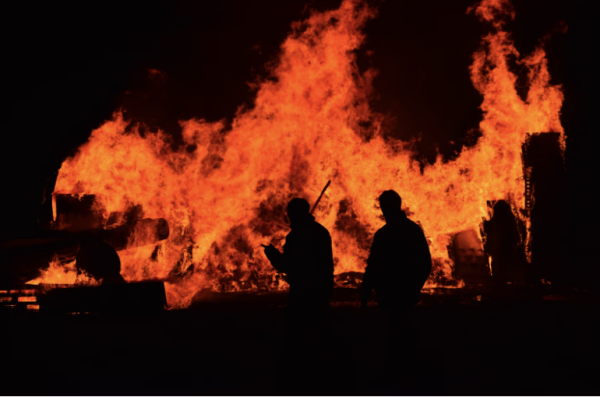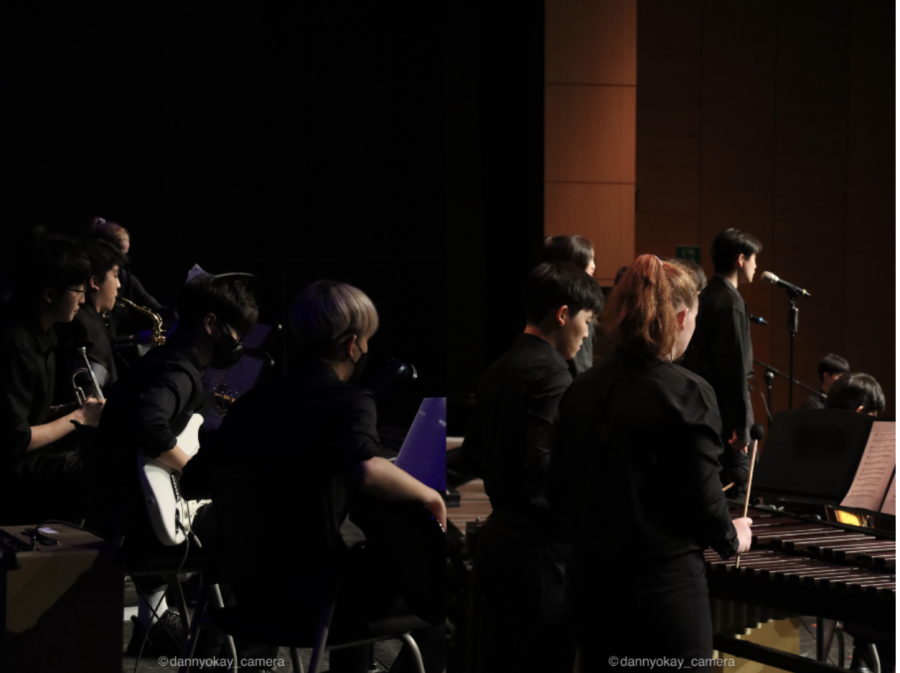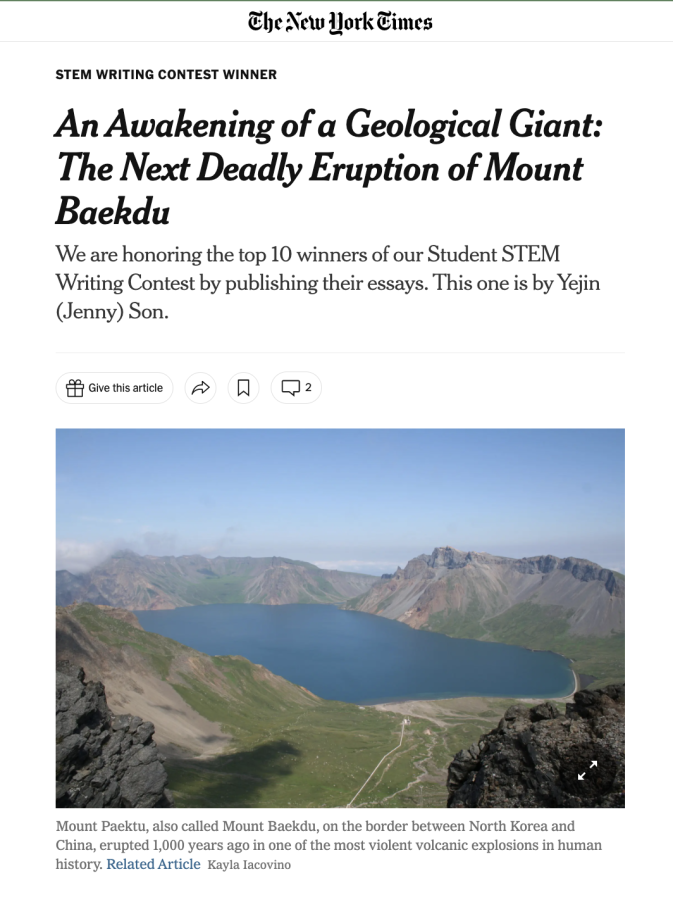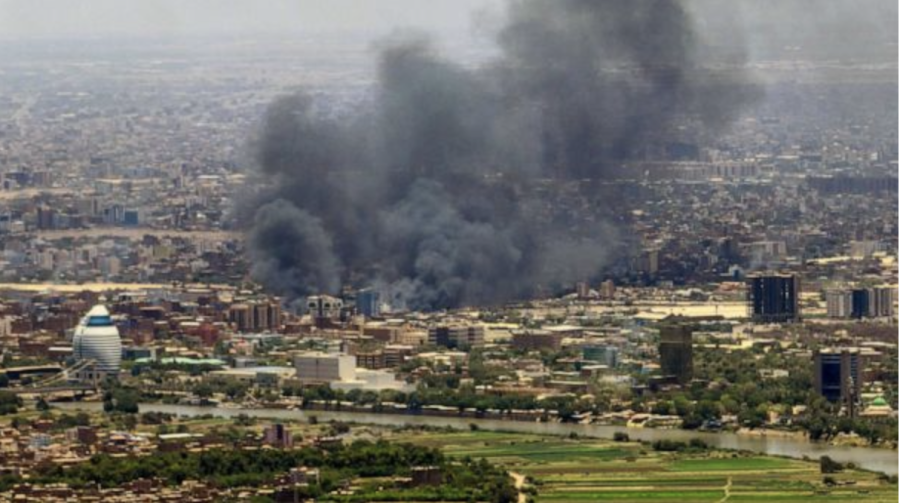In recent years, Hawaii, a region primarily known for its pristine beaches and profuse vegetation, has been challenged by the serious threat of wildfires. In particular, the Maui sector is consumed by a surge of wildfires, which poses a significant threat to the island’s denizens and ecosystem.
Since the beginning of the wildfire on August 8th, at least 97, notwithstanding those who were unaccounted for or missing, residents have been killed due to the fire. Maui’s unique ecosystem—including coconut palm trees and distinctive animal species—is also in jeopardy due to the escalating frequency and severity of natural disasters.
Government officials attempted to minimize casualties by barricading off the center of Lahaina, a town on the western shore of Maui, for the past six weeks, adding National Guard Troops to patrol the area. Firefighters and damage control units have been dispatched to assess damage, clean up hazardous material, and lead the overall restoration effort.

As it is difficult to identify the exact cause behind Maui’s wreckage, there are numerous postulations underlying the circumstances.
The most substantial hypothesis is that the morning fire was initially caused by an active power line collapsing due to strong winds, exacerbated by the severe drought. Nevertheless, the second, afternoon fire doesn’t have a solid elemental cause.
Officials claim that though the cause of the issue cannot be brought to a resolute conclusion, there were numerous subsidiary factors that culminated in the wildfire ultimately getting out of hand. None of the 80 fire alarms or warning sirens placed throughout the island had been activated, evacuation routes were blocked due to gridlocks, and firefighters struggled with water scarcity due to droughts.
For now, most displaced residents are dwelling in hotels, Airbnb, or short-term rentals. Numerically, the evacuees for this catastrophe amounted to over 6,000 individuals and required over 1,100 temporary residences. Financial aid for rent extends for 18 months from their displacement date, and according to Maui’s governor, the Federal Emergency Management Agency has afforded about 19 million dollars total.
Overall, the damage has been, at the temporary level, terminated. However, the mutilation and scarring, both physical and mental, caused by the natural disaster will kindle hardship and adversity in many of the resident’s lives. Even though the government’s response has been prompt and adequate, appraisal of Maui’s evacuation systems and the long-term well-being of its inhabitants seem critical.
Chadwick International also holds close relevance to this issue as our awareness of the issue inspired our community to support the relief efforts of the Maui community. On October 31st, Humanity as 1, a student-led initiative, collaborated with the service council and numerous CI service clubs to organize a bazaar to raise funds that’ll ultimately be used to rebuild and recuperate the charred grounds of Maui. It’s important that the CI student body comes together to assist those in need, as these are the acts that build our connection and pride.
Even as a student, as a CI journalism columnist, I believe that my words have a platform and carry weight. This gives me a responsibility to give voice and add support to those unable to advocate for themselves and their needs, which applies to the Maui wildfire. Our small deeds culminate in expanding our sensitivity and showing genuine empathy for the tragedy occurring in the Maui region. The CI community’s efforts once again remind us of how anyone with the right intentions, regardless of their authority or skill, can make a difference.













